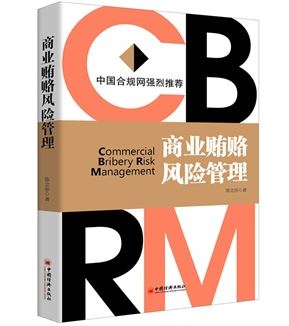On
December 27, 2017, the Political Bureau of the 19th Central
Committee of the Communist Party of China (“CPC”) convened and decided to hold
the Second Plenary Session of the 19th Central Committee in January
of 2018. One of most important items on
the agenda of the plenary session will be to amend the Constitution of China.
The
Constitution of China is nominally the supreme law of the People's Republic of
China. The current version was adopted
by the 5th National People's Congress on December 4, 1982, with further
revisions in 1988, 1993, 1999, and 2004. Three previous state constitutions since the
CPC took the state power of China — those of 1954, 1975, and 1978 — were
superseded in turn. The Constitution has
five sections which are the preamble, general principles, fundamental rights
and duties of citizens, structure of the state (which includes such state
organs as the National People's Congress, the State Council, the Local People's
Congress and Local People's Governments and the People's Courts and the People's
Procuratorates), the national flag and the emblems of the state.

The
four previous amendments of the 1982 version saw some changes that are friendly
to private economies. For example, the
1988 amendment allowed private economy to become supplementary to socialist
public economy (i.e., economy pre-dominated by the state-owned enterprises). The 1992 amendment agreed that individual
economy, private economy and foreign economy are diversified constitutional economies
and entitled to long-term mutual development.
In 1999 amendment, non-public economies were promoted to important constituents
of socialist market economy. By the fourth
amendment in 2004, the CPC government was changing its role over the non-public
economies from “guiding, supervising and managing” to “encouraging, supporting
and guiding”.
The
four amendments to the 1982 Constitution were economical rather than political. Unsurprisingly, the upcoming amendment will
have the National Supervisory Commission to be established as a superpower in
law enforcement, about which you may read the article Chinese government may LIUZHI a suspect of wrongdoing. It remains to see if
the superpower will be more powerful than the courts and the procuratorates
(which is the term of the Chinese-English translation of “prosecuting institutes”).
Licensed to practice law in China and the New York State of the USA., Henry Chen is a senior partner of Beijing Dacheng Law Offices, LLP (Shanghai) (AKA Dentons Shanghai Office). Henry was the former AP Compliance Director of Ford Motor Company. Henry is the author of Risk Management of Commercial Bribery in China. Henry is available at Henry.chen@dentons.cn

